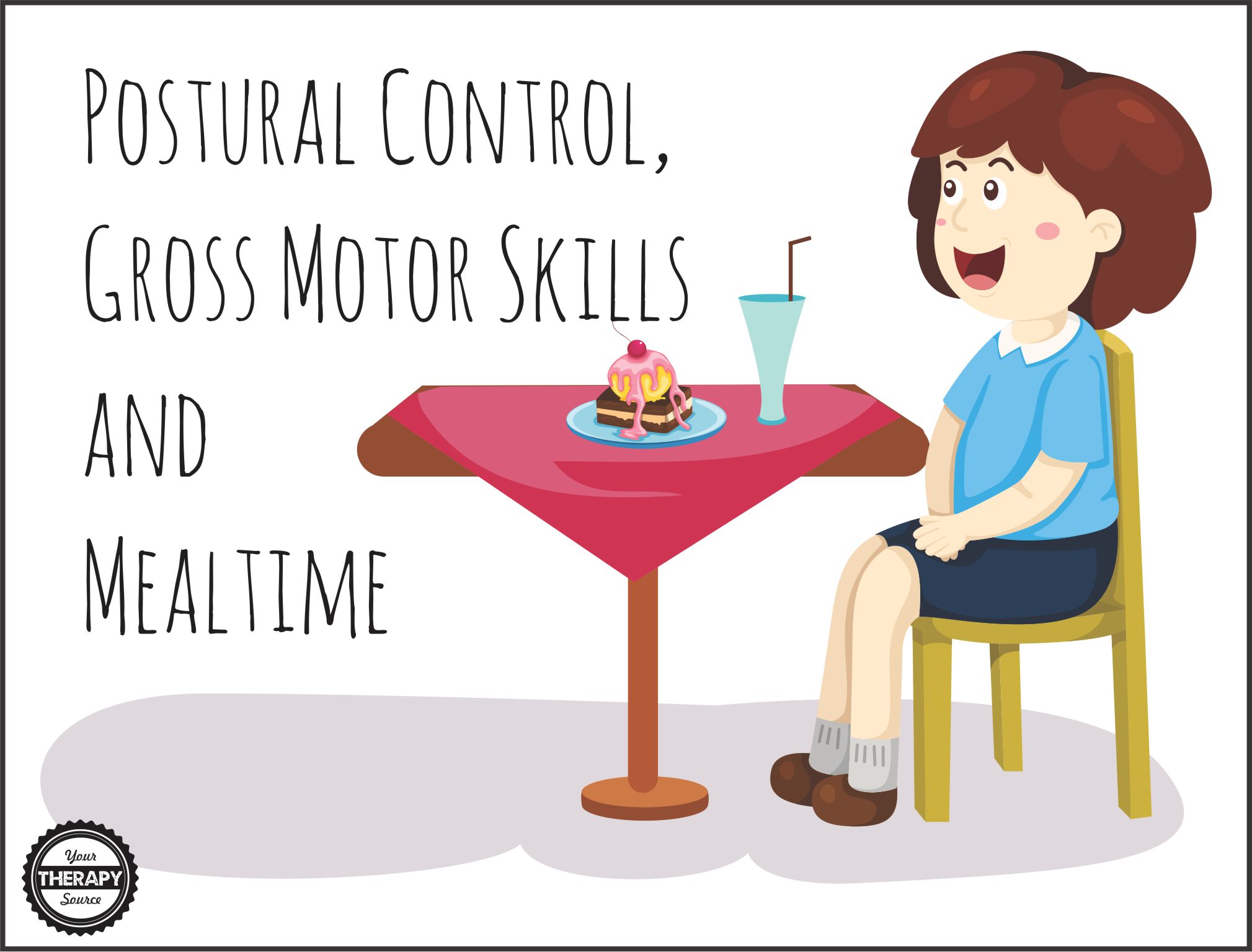Postural Control, Gross Motor Development and Mealtime
When you think of children and mealtime, the first things that come to mind may be related to the hand and mouth – ie the ability to use a spoon or fork, bringing food to mouth and getting food inside the mouth. What you may not realize is that the child’s postural control and gross […]










